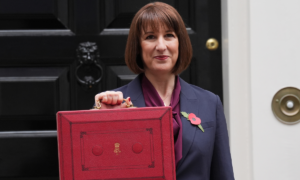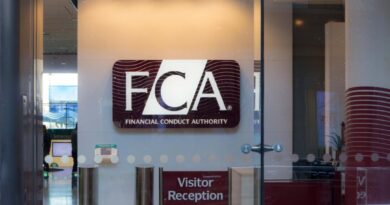Charity Urges Government to Take Decisive Action on Children’s Excessive Sugar Intake
Food companies have been urged by campaigners to prioritize children’s health and reduce sugar in everyday snacks.
Health campaigners have stated that excessive sugar consumption by children, including in schools, requires “decisive government action” and updated nutrition policies.
Action on Sugar mentioned that sugary foods are “almost inescapable” for most children and are readily available in schools.
The survey also showed that a combination of popular sweets, such as cakes, chocolate bars, and biscuits, can contain 92.5 grams of sugar if consumed within a day, which is three times the recommended daily sugar limit for children aged 11 and above.
Action on Sugar proposed that the School Food Standards, government nutrition guidelines for schools in England, may be contributing to the excessive sugar consumption among children by allowing cakes and biscuits at lunchtime.
The charity called for a ban on such foods at schools and the implementation of healthier food strategies to help young people make better food choices.
“We’re simply not doing enough to support children in keeping their sugar intake within recommended guidelines. We have a duty to every child to make school a sanctuary from unnecessary sugar, so they can grow up healthier, stronger, and free from the risks of diet-related disease,” said Kawther Hashem, head of research at Action on Sugar.
The charity also emphasized that government nutrition guidelines for schools need to be updated and compliance by secondary schools needs to be monitored and supported by additional funding.
Survey data indicated that a significant portion of cakes, chocolates, and biscuits exceed one-third of the daily sugar limit for children.
Nutritionists at Action on Sugar pointed out the worst combination ranked by calories per serving in certain snacks.
Furthermore, they called on food companies to prioritize children’s health and reduce sugar in everyday snacks to promote healthier eating habits.
Sugar Reduction Policies
The government introduced its voluntary Sugar Reduction Programme in 2016 to address obesity rates and aimed to reduce sugar by 20 percent across key product categories by 2020.
Under this program, sugar levels were reduced in cakes, biscuits, and chocolates within the specified timeframe.
Action on Sugar criticized the minimal reductions achieved and highlighted the need for a more substantial decrease to have a meaningful impact on children’s health.
In contrast, the government’s mandatory Soft Drinks Industry Levy resulted in a significant reduction in sugar content, demonstrating the effectiveness of such measures in addressing health issues related to high sugar intake.
The Chancellor’s announcement in the October Budget to increase the soft drinks levy further demonstrates the government’s commitment to tackling obesity and reducing sugar consumption.
Action on Sugar’s chair emphasized the importance of implementing clear strategies in the food and drink industry to improve the nation’s health and potentially save billions in healthcare costs and lives.





